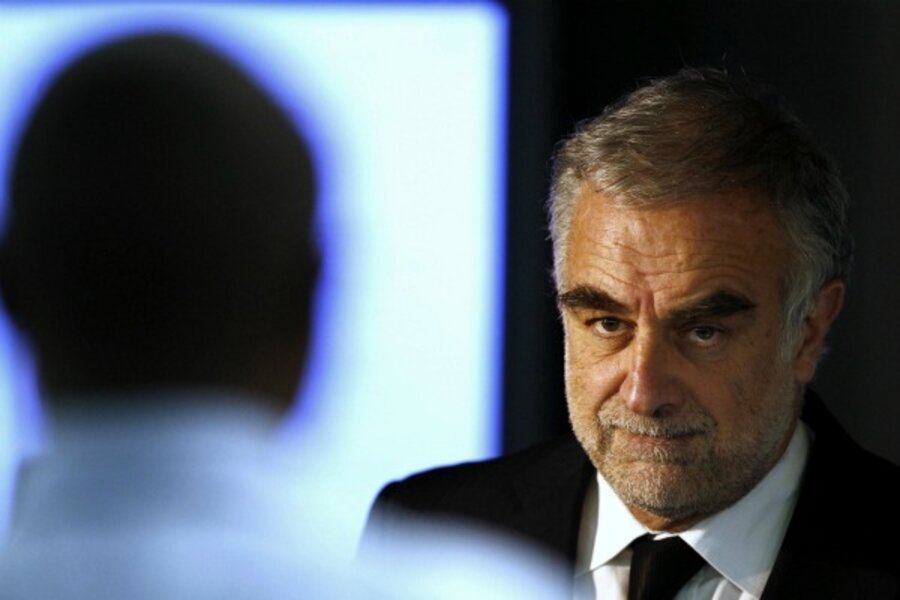Note of caution on the International Criminal Court trials in Kenya
Loading...
The International Criminal Court (ICC) is currently holding trials for six Kenyans accused of fomenting ethnic violence following Kenya’s 2007 elections. Several of the “Ocampo Six” (so named because of the ICC’s Chief Prosecutor Luis Moreno Ocampo) are prominent politicians, and two – Uhuru Kenyatta and William Ruto – are candidates in the presidential elections scheduled for this December. The case has already caused major controversy in Kenya, and has the potential to significantly affect the campaign this year – which includes stoking ethnic tensions. Whether the ICC likes it or not, by virtue of its work it is a political actor. In the case of the Ocampo Six, the politics of the ICC’s action feel wrong to me, at least as far as peace in Kenya is concerned.
The International Crisis Group (ICG), an organization I very much respect, has put out a thoughtful report sounding a note of caution about the case and its potential impact. Three key sentences from the report read:
These cases have enormous political consequences for both the 2012 elections and the country’s stability. During the course of the year, rulings and procedures will inevitably either lower or increase communal tensions. If the ICC process is to contribute to the deterrence of future political violence in Kenya, the court and its friends must explain its work and limitations better to the public.
Given the political reality that this case is likely to go forward, ICG takes the practical approach of giving suggestions to both the ICC and the Kenyan government for how to minimize the potentially incendiary effects of the case. In my view the recommendations are sound.
I am glad to see this kind of direct and pragmatic discussion of the ICC’s political role. The conversation about the politics of the ICC’s actions is not new – Alex de Waal and Julie Flint, in particular, began making insightful critiques of the ICC’s indictment of Sudanese President Omar al Bashir several years ago – but ICG’s contribution is timely and will likely make new audiences consider these important issues.
– Alex Thurston is a PhD student studying Islam in Africa at Northwestern University and blogs at Sahel Blog.
Get daily or weekly updates from CSMonitor.com delivered to your inbox. Sign up today.







